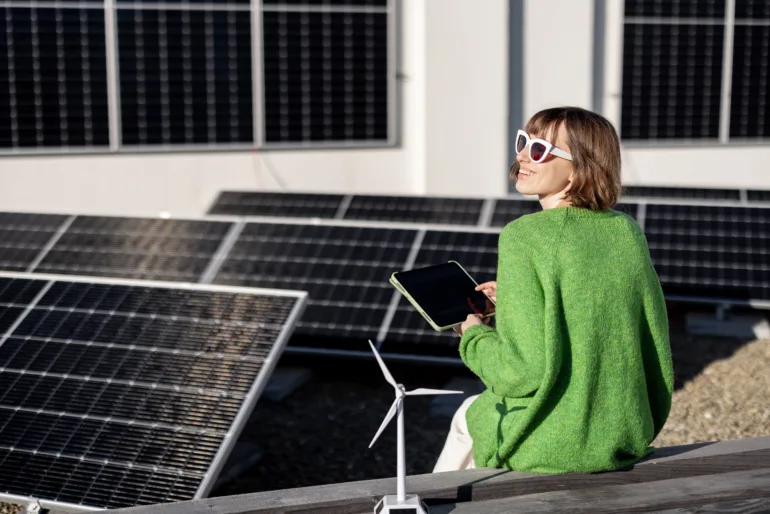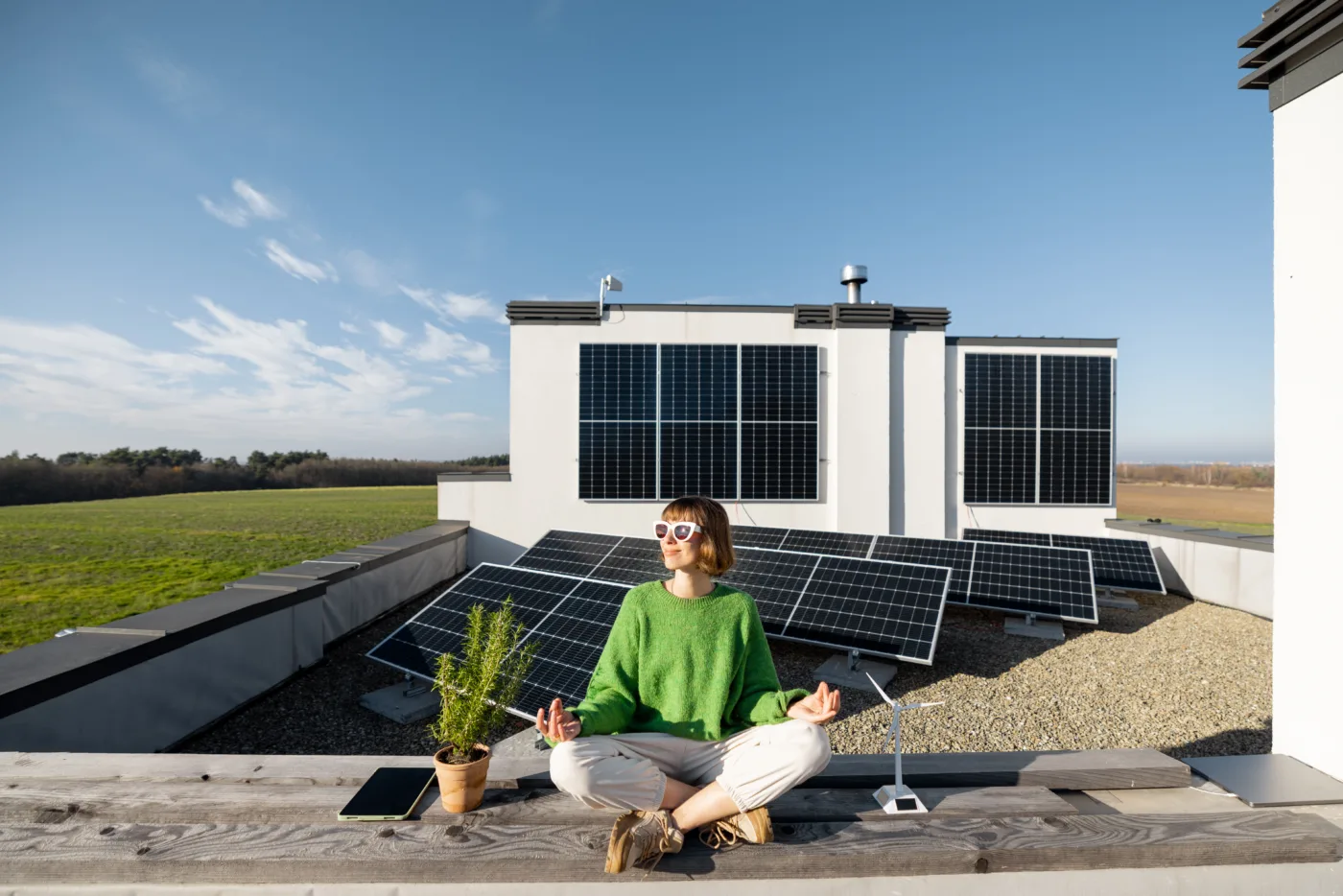Do you remember when your electricity bill was predictable, without major fluctuations and shocks? These times may soon be replaced by a new reality that brings higher costs. Changes to the network charge are just around the corner, and it won't just be a slight increase, but something that will affect everyone who uses electricity. Understanding these changes and preparing for them is crucial so you don't get a shock on your next bill. Here's everything you need to know to avoid higher costs. So - how to prevent the amount on the electricity bill to be twice as high?!
Changes are inevitable, especially when we're talking about the costs we face every month - like electricity bills. Although it may seem like a routine that we can't control, there are new measures on the horizon that will affect just about every user. You may have heard of network fees, but did you know that the billing rules are about to change? These changes can double the amount in your account if you're not careful. Here's everything you need to know about the new rules and how you can avoid being surprised by a hefty bill at the end of the month.
1. What does the new network fee bring?
In the coming months, electricity distributors will introduce a new method of calculating the network fee, which will take into account more the load on the network, especially at times of peak consumption. In practice, this means that each user will pay according to how much he loads the system, not just according to the electricity used. If you are used to using large consumers of electricity (e.g. washing machine, dryer, water heater) during peak network load times, you can expect a higher bill.
What does this mean for you?
If you continue to use more electrical devices between 7am and 2pm and 4pm and 8pm, when the network is at its busiest, your electricity bill will be significantly higher. With this change, electricity distributors want to encourage users to use electricity more wisely, especially at a time when the network is not so loaded.
2. Higher costs in colder months
As the colder months approach, the load on the grid increases due to increased demand for electricity, especially for heating and increased use of household appliances. Electricity distributors will therefore charge higher amounts in the winter months, as the networks will be more heavily loaded. They say that the network fee in the winter months (November-February) will be significantly higher than in the rest of the year.
Example:
If you use an electric heater for heating and other energy-consuming appliances such as a tumble dryer in December, you will experience an increase in costs in the winter. On the other hand, if you reduce the use of these devices during peak periods, you can mitigate this increase.
3. Adjusting your intake is the key to a lower bill
Although you don't have to change the way you use electrical appliances right away, this is an opportunity to actively contribute to lower costs. Smartly adjusting the use of electrical appliances, especially those that use more electricity, can make a significant difference to your final monthly bill. Use larger devices outside peak network load times, which will reduce your contribution to the load and your bill at the same time.
How to do it?
Simple. Set the dishwasher to start working after ten o'clock in the evening, when the network is less loaded. Or dry your laundry early in the morning. Small changes like these can help lower your bill without greatly affecting your daily life.

4. What if you have a solar power plant?
If you are already among those who have invested in a solar power plant, the good news is that you will feel the impact of the upcoming changes a little less. By producing your own electricity, you will be able to reduce your dependence on the grid, especially during times of peak load. This means that you will pay less network fees, as you will produce part of the energy yourself. However, you will have to pay attention to the emission of electricity, which can cost you a lot during peak hours. An energy storage tank will be needed.
5. Get ready for two seasons
With the introduction of the new rules, two seasons will be formed: high season (November–February) and low season (March–October). In the high season, due to increased demand and greater load on the network, prices will be higher, which means that each kilowatt will be more expensive. In the low season, however, costs will be lower, as the load on the network will be lower.
How to adapt?
During the high season, try to focus on using electricity as little as possible during periods of peak load, i.e. in the early evening hours. But when the low season comes, you can use electrical devices more freely without major consequences.
2 years will be available for the transition
Conclusion
Changes in the calculation of network charges are already on the way and will soon affect all electricity users. If you want to avoid unexpectedly high bills, the key is to adjust your habits in time. Reducing electricity consumption during peak times, using your own energy sources (e.g. solar power) and adapting to seasonal changes are key steps to keep costs under control. In the long run, however, these changes will also contribute to a more sustainable future, meaning that our electricity costs will reflect not only our habits, but also the collective effort towards a more efficient and green grid.





